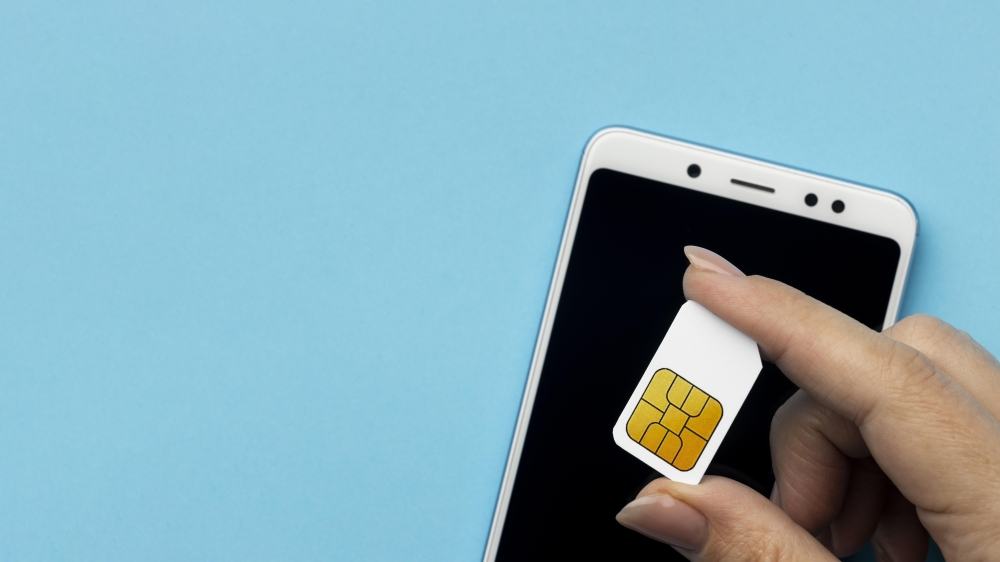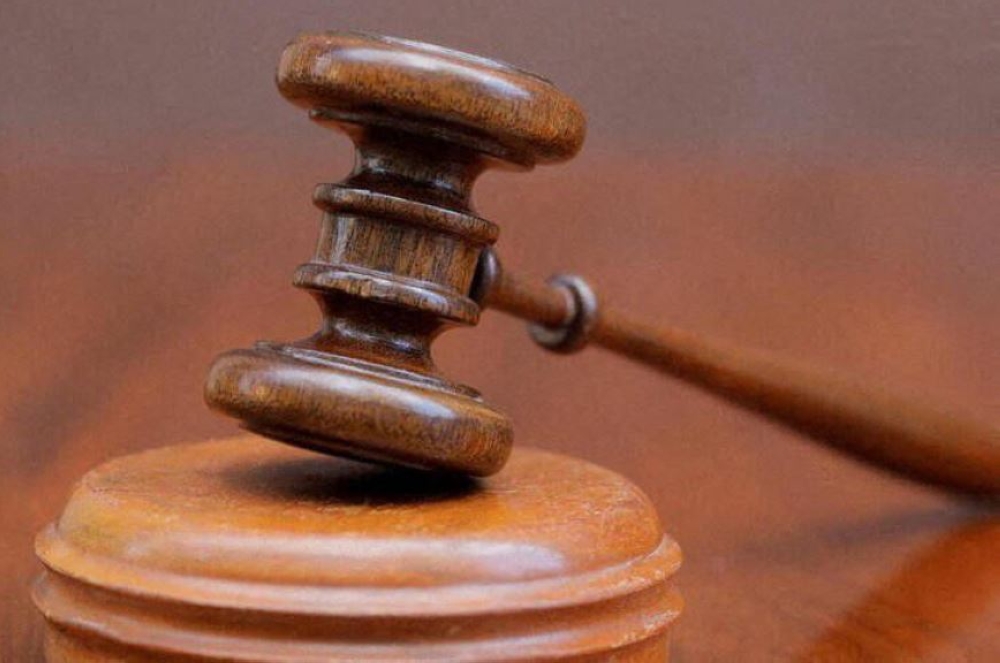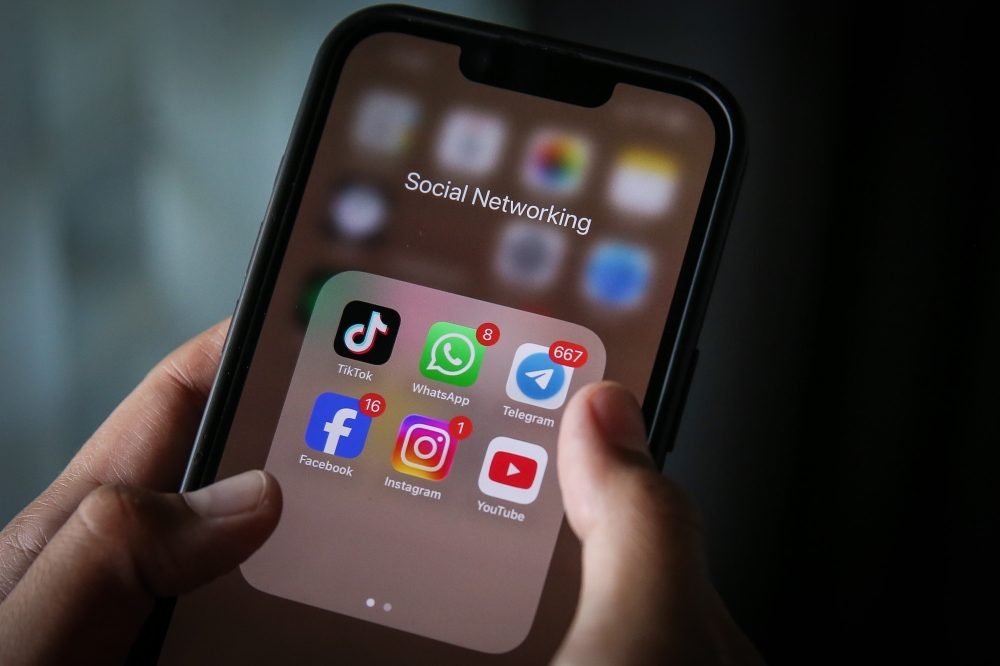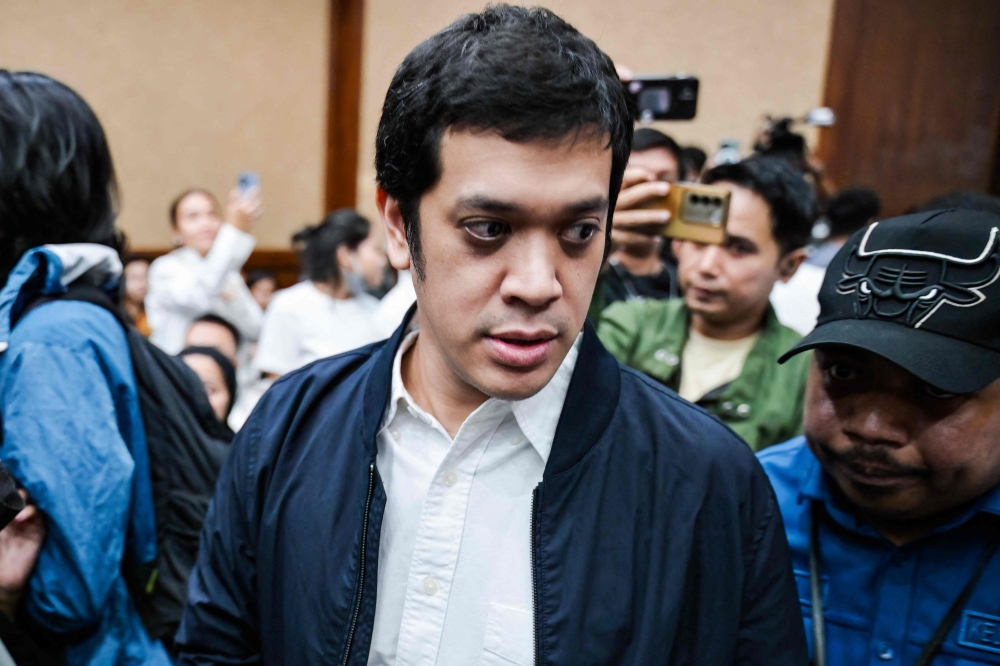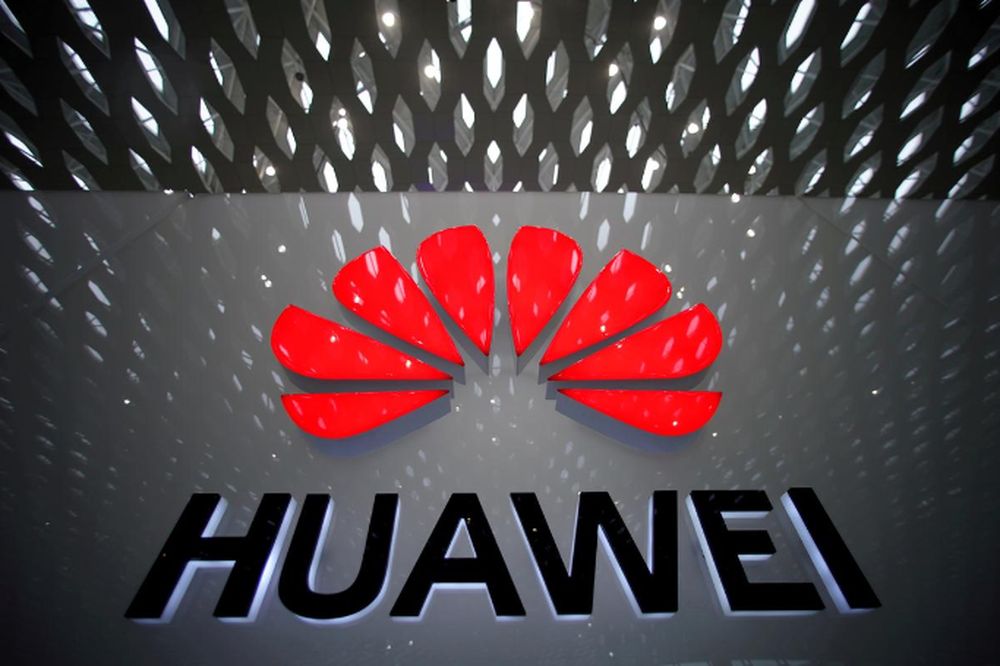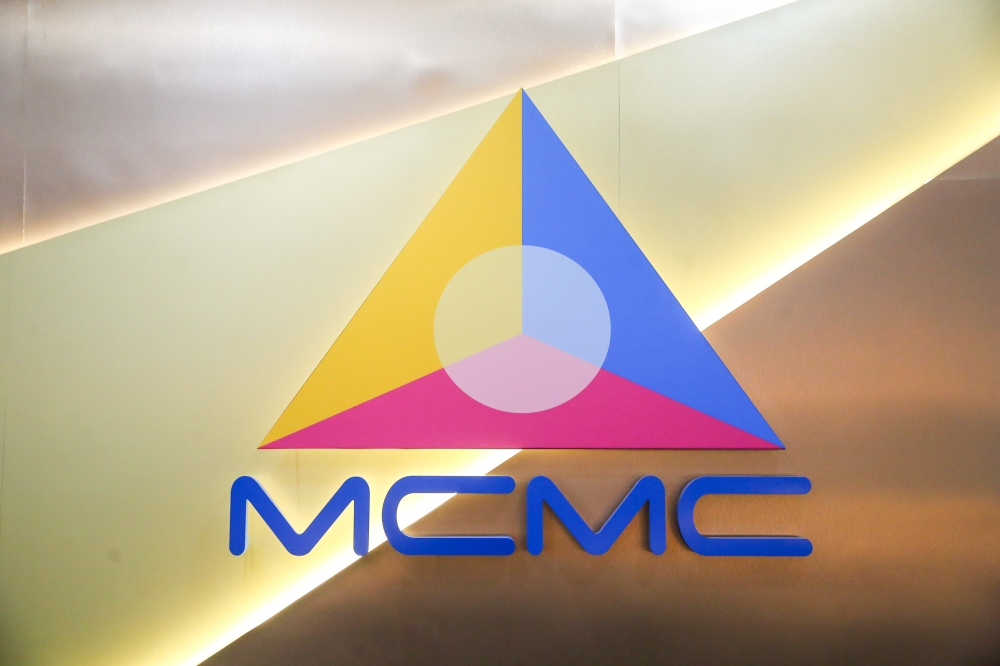WASHINGTON, May 21 — US regulators are open to making changes to close what some see as a loophole in a new rule aimed at curbing global chip sales to blacklisted Chinese telecoms equipment maker Huawei Technologies Ltd, two US officials said yesterday.
The new rule, unveiled by the Commerce Department tomorrow, expands US authority to require licenses for sales to Huawei of semiconductors made abroad with US technology, amplifying the department’s reach to halt exports to the world’s No. 2 smartphone maker.
But the rule only includes chips designed by Huawei and does not cover shipments if they are sent directly to Huawei’s customers. Some industry lawyers see this as a significant loophole.
Asked yesterday about the potential for adjusting the rule to close that gap, State Department official Christopher Ashley Ford said the rule itself would provide regulators with the insight to determine if it should be altered.
The rule will “give us a great deal more information upon which to base export control decisions as we move forward and try to find the right answer to these challenges including by adapting, if we need to, if Huawei tries to work around our rules in some way,” Ford said.
He added that regulators would watch and “certainly make any changes that we think are necessary.”
Huawei declined to comment.
The company was added to Commerce’s “entity list” last year due to national security concerns, amid accusations it violated US sanctions on Iran, stole intellectual policy and could spy on customers, allegations Huawei has denied.
Frustration among China hawks in the administration that the entity listing was not doing enough to cut off Huawei’s access to supplies prompted a crackdown effort, first reported by Reuters in November, that culminated in tomorrow’s rule.
An industry lawyer who declined to be named said one way to change the rule would be to tweak the language to capture chips sold “to the benefit of” Huawei, but noted such a change would pose its own challenges.
Speaking as part of the same briefing with Ford, Cordell Hull, a Commerce Department official, said the agency’s enforcement arm “will be looking at efforts to circumvent the rules. — Reuters



